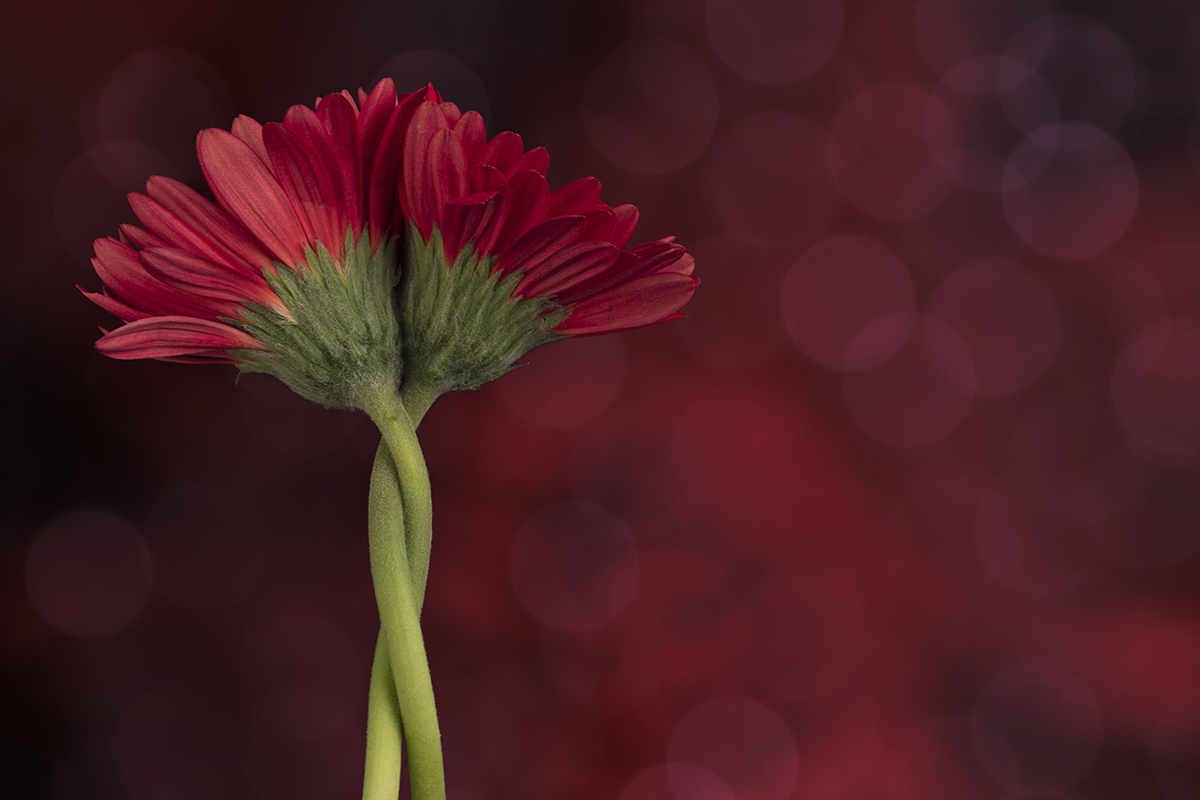In one of those magical tales of which he was a past master, Tolstoy tells the story of a bishop sailing on the Black Sea who hears from pilgrims of three holy men who live alone on a tiny island on the path of the route taken by the boat. He asks the captain if the boat could stop while he visited them. At the time, a bishop’s request was an order, and as people were not run by watches, the boat stops early in the morning close to the Island and a small rowing boat takes the bishop to visit his parishioners.
After the usual greetings, the bishop asks them how they pray. ‘We pray in this way’, replies one of the three hermits, ‘Three are ye, three are we, have mercy upon us.’ Their whole day was spent just repeating this statement with deep fervor.
The bishop tells them that although they have evidently heard of the Trinity, that is not the way to pray. And he proceeds to teach them the Lord’s Prayer. It takes him literally the whole day to teach the prayer to these very simple folk, but finally they could say it by themselves, and he leaves, thanking God for having sent him to teach and help these godly men.
That night, back on the ship, he cannot sleep, and he goes on the bridge when suddenly he sees a bright light shimmering on the sea and coming ever closer. He asks the helmsman what it might be. After looking, the latter lets go of the helm in terror. ‘O Lord,’ he exclaims, ‘the hermits are running after us on the water as though it were dry land!’
The other passengers crowd up, and the three hermits having now reached the boat cry out that they have forgotten the teaching of the bishop and would he so kindly remind them. The bishop crosses himself, and, leaning over the side of the ship, says, ‘Your own prayer will reach the Lord, men of God. It is not for me to teach you. Pray for us sinners.’ And he bowed to them as low as he could while they gently trotted across the sea back to their island.
What can we learn?
This wonderful story has many things to teach us, but the most important I feel is that the two basic ingredients of the serious traveller of the spiritual path are sincerity and perseverance.
Byron Katie has said that the number one problem of the world is confusion. I fully agree with her, and this is particularly true in the spiritual field, where literally hundreds (and possibly thousands) of teachings vie in the spiritual market place for the attention of potential candidates (not to speak of customers, when one considers the price of certain retreats and courses). So many of them claim to be the ultimate path to enlightenment, from the websites that promise you instant illumination to the teachers of arduous, esoteric paths who promise you sweat and tears before reaching their very, very narrow gate.
Finding your way
So how do you find your way in this quasi infinite sea of possibilities and paths
Recently a very dear friend sent me one of the most meaningful, and, yes, joyful books I have read for a long time, The Tao of Now by Josh Baran.
The author describes in his profound and humorous introduction that after two decades of meditation, including years in a zen monastery, he still ‘felt like a 14-year old at the Peter, Paul and Mary concert’, confused and in need of help. I myself have met seasoned meditators and students of the spiritual path, including spiritual healers, who still have layers and layers of ego swathed around them, despite years of practice. Baran stresses that teachers and guides can certainly play a useful transformative role in our lives. They did for him, as one did for me. Belonging to a spiritual group or community can be of great help – just as it can prove to be a hindrance or even become a little box that encloses you. Such boxes make one think of the Japanese proverb which says that it’s difficult to describe the vast horizons of the ocean to the toad sitting at the bottom of its well. Too many believers are in little well shafts, secure and unconsciously imprisoned.
Waking up
So ultimately you will sooner or later have to rely on your inner wisdom and insight to guide you. As Baran stresses ‘You are the sole supreme authority over your life… Waking up is about your individual and personal undoing of the long-held assumptions that prevent you from seeing what you really are.’
Wholeness, unconditional love, wisdom, purity, innocence joy, the peace that passeth understanding, all are already within you now. Do not look for them outside. A key criterion of a helpful teaching is whether it points you inwards, towards the inner awareness that is simply awaiting your awakening. In this respect, Eckhart Tolle’s little book, Stillness Speaks, is a pure gem. I read two pages every morning, and when I get to the end, start over again. It will probably take me years to really absorb and practise its teachings.
They are so utterly simple. Not easy – but very simple, which for me is the criterion of authentic spirituality.
Leave the well, seagull friend, and face the bracing winds of the ocean. My gentle blessings accompany you.
Pierre Pradervand







